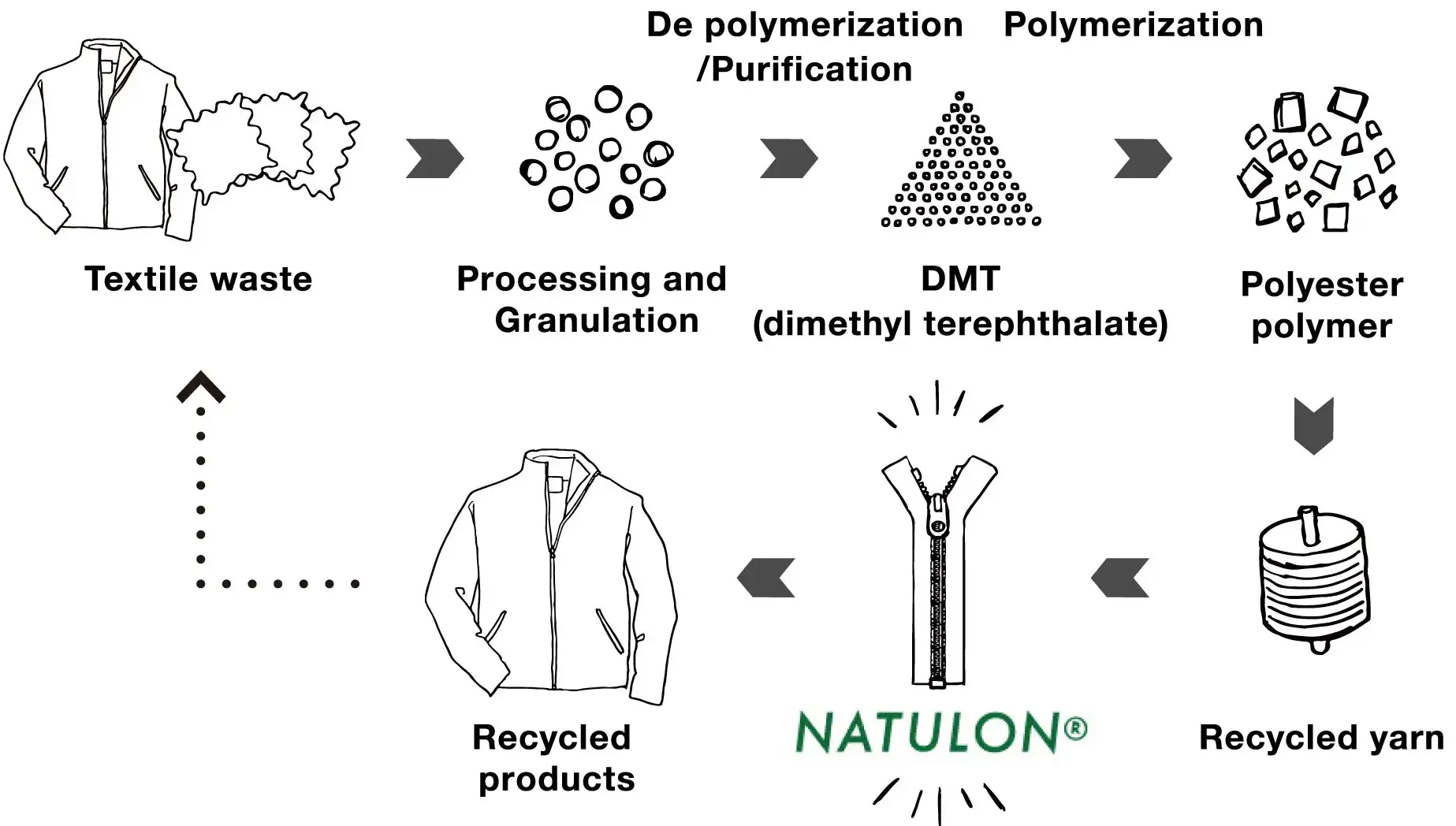Activewear Materials
Polyester Smooth Texture Fabric
The circular knit fabric we use in our sportswear is made with recycled polyester from post-consumer plastic and elastane so that it fits like a second skin to the body.
What is Post Consumer Plastic?
Post-consumer plastic is all the plastic that is discarded today. Both the plastic that is removed by cleaning the seas and forests, as well as the plastic that we recycle in the yellow bin. With this plastic, recycled polyester threads are created to weave, together with elastane, a fabric that is perfect for sport and any physical activity.
Certifications
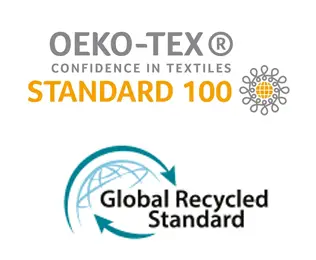
Technologies
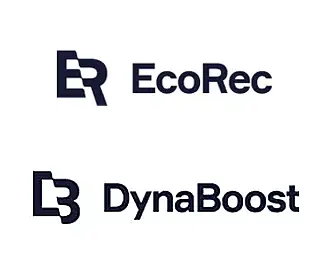
Properties of this fabric
BREATHABLE
PEELING RESISTANT
MAXIMUM OPACITY
RECYCLED
BI-ELASTIC
UV PROTECTION +50
HIGH COMPRESSION
Polyamide waffle texture fabric
The circular knit fabric we use in some of our garments is made of 100% recyclable polyamide. This fabric has a waffle texture and a very soft feel to the skin thanks to its Meryl Hydrogen technology. Meryl® has been developed as a luxury performance yarn with outstanding properties without the need for any topical chemical treatment to the yarn, fabric or garment.
In accordance with the Meryl® philosophy, all properties have been permanently engineered into the yarn, improving efficiency and sustainability throughout the entire production process.
The yarn has an extremely soft feel and maximum absorbency. Giving your skin delicacy and hydration at the same time.
Properties of this fabric
BREATHABLE
ANTIBACTERIAL
SOFT TOUCH
MAXIMUM OPACITY
RECYCLED
MOISTURISING EFFECT
HIGH UV+ PROTECTIO
NATURAL ELASTICITY
DeadStocks Polyester Fabric
The deadstock fabric we use in some of our garments is made of fantasy polyester, with an elastic lace that reminds us of tree bark in pink.
What is deadstock fabric?
A deadstock fabric is all the leftover fabric from other companies, which will no longer have the use for which it was manufactured and becomes leftover waste. Deadstock fabrics are often created by overproduction of materials or often by a defect that prevents it from passing quality control. This can be something as simple as a small hole or the colour not being quite right, making it a waste even if the fabric is in perfect condition.
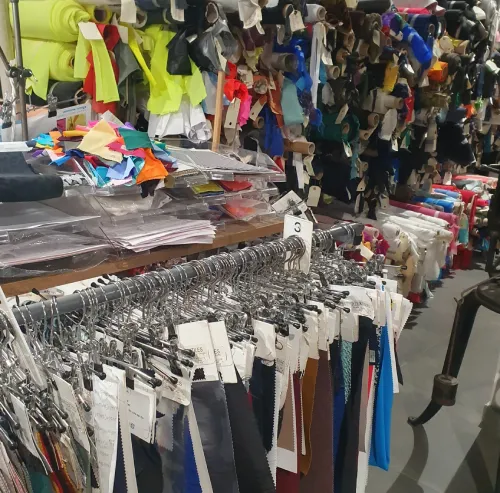
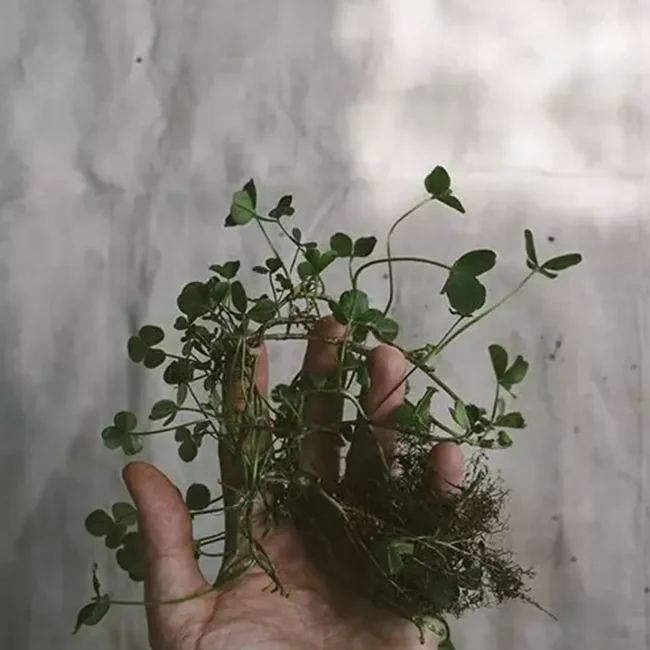
Sewing threads
The threads we use to sew our sportswear are deadstocks.
What is deadstock material?
A deadstock thread is all the leftover thread from other companies, which is no longer going to have the use for which it was manufactured and becomes leftover waste. deadstock yarns are often created by overproduction of materials or often by a defect that prevents it from passing quality control. This can be something as simple as the colour not being quite right, becoming waste even if the thread is in perfect condition.
Using dead materials has a number of benefits, the most obvious being that it keeps materials in use so they can avoid spending the rest of their days in a landfill or, worse, being incinerated. Keeping materials or garments in active use is one of the best ways to reduce their impact on the environment. In fact, “extending the life of a material by 9 months reduces its carbon, water and waste footprint by 20-30%”.
Garment dyeing
We dye our garments in a local workshop in Barcelona, it is done in a process of only two drum fillings, the first one for dyeing, and the second one for rinsing and finishing, so as not to have an excessive waste of water. First the fabric is weighed and the percentage of dye to be used is calculated.
The fabric is dried in a steam dryer to reduce water consumption.All products strictly comply with all quality standards required by today’s needs, such as the Oeko-Tex Standard 200 certificate.
Screen printing
We label our sportswear with a printing process called screen printing. We do it this way so that we don’t have to add an additional piece of fabric and generate minimum waste.
This technique is done by creating a template with which we want to print and with the necessary materials and inks, the fabric is printed.
Zipper
The zips we use for our garments are NATULONR products, these are designed to cause the minimum impact on the environment, they are made from chemically recycled post consumer polyester, being perpetually recyclable.
What is chemical recycling?
